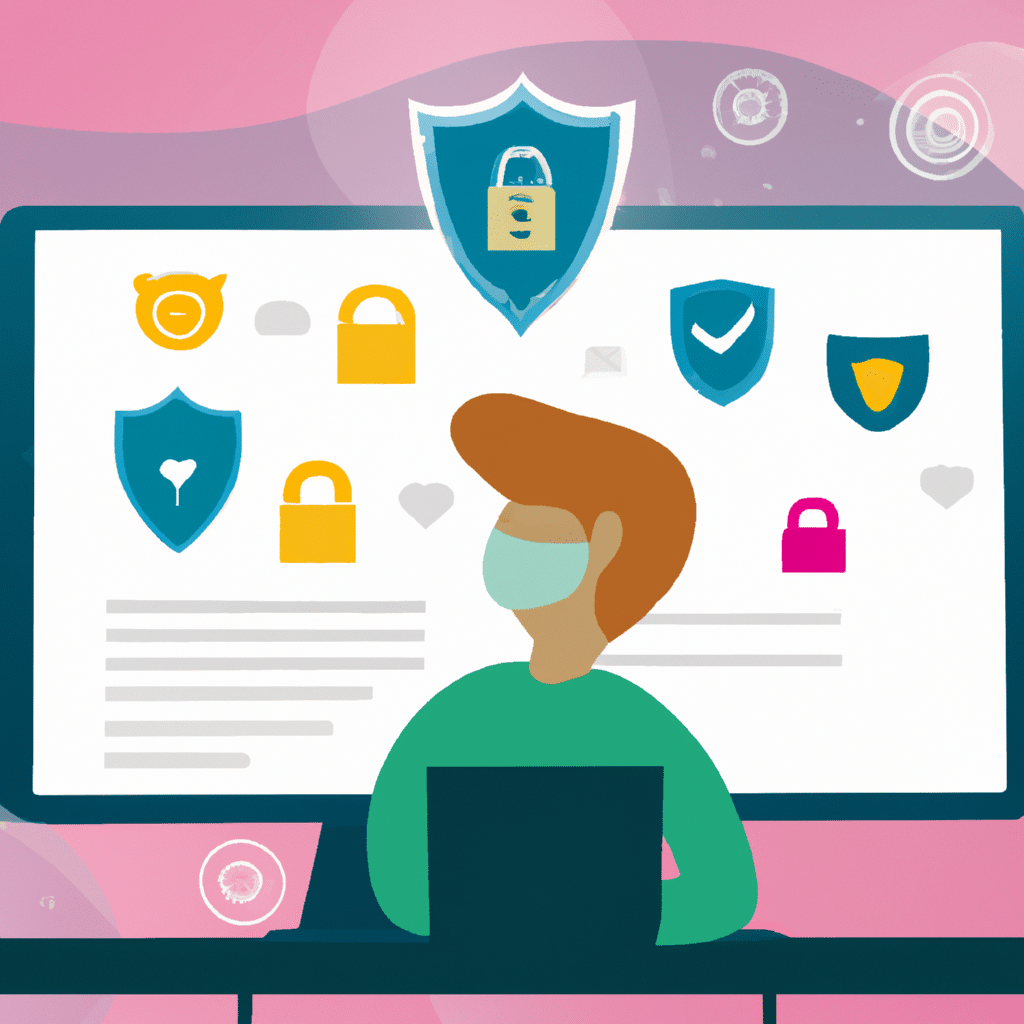In today’s digital era, the internet has become an integral part of our lives. While it has made our lives easier, it has also opened up new avenues for cybercriminals to steal our personal information and use it for malicious purposes. In this article, we will discuss various ways to protect your online identity and keep your personal information safe.

Use Strong Passwords
One of the easiest ways to protect your online identity is to use strong passwords. A strong password should be at least 12 characters long and contain a mix of upper and lower case letters, numbers, and symbols. Avoid using common words or phrases as passwords, as they are easy to guess. Instead, use a passphrase that is easy to remember but difficult to guess. You should also use different passwords for different accounts and change them regularly.
Enable Two-Factor Authentication
Two-factor authentication (2FA) is an additional security measure that adds an extra layer of protection to your online accounts. With 2FA, you will be required to enter a unique code or use a biometric identifier, such as a fingerprint or facial recognition, in addition to your password. This ensures that even if a cybercriminal obtains your password, they will not be able to access your account without the second factor.
Keep Your Software Up-to-Date
Keeping your software up-to-date is crucial for protecting your online identity. Software updates often contain security patches that fix vulnerabilities that can be exploited by cybercriminals. Ensure that your operating system, web browser, antivirus, and other software are updated regularly.
Use a VPN
A virtual private network (VPN) is a tool that encrypts your internet traffic and hides your IP address. This makes it difficult for cybercriminals to track your online activities and steal your personal information. A VPN is especially useful when using public Wi-Fi networks, which are often insecure.
Be Careful What You Share Online
Be careful about what you share online, as cybercriminals can use this information to steal your identity. Avoid sharing sensitive personal information, such as your full name, address, phone number, or social security number, on social media or other public forums. Also, be cautious about the links you click on and the files you download, as they may contain malware or phishing scams.
Monitor Your Credit Reports
Monitoring your credit reports regularly can help you detect any unauthorized activity on your accounts. You can get a free credit report from each of the three credit bureaus once a year. Review these reports carefully and report any suspicious activity immediately.
Use Antivirus Software
Antivirus software can help protect your online identity by detecting and removing malware from your computer. Ensure that you have antivirus software installed on your computer and that it is updated regularly.
Conclusion
In conclusion, protecting your online identity is essential in today’s digital age. By following the tips discussed in this article, you can keep your personal information safe and secure. Remember to use strong passwords, enable two-factor authentication, keep your software up-to-date, use a VPN, be careful what you share online, monitor your credit reports, and use antivirus software. By taking these steps, you can protect your online identity and enjoy a safer and more secure online experience.












